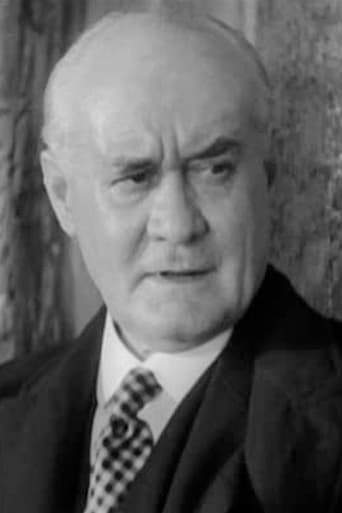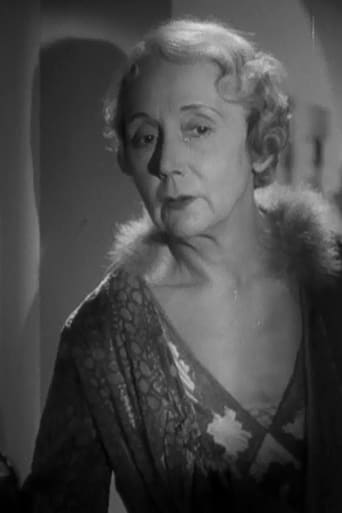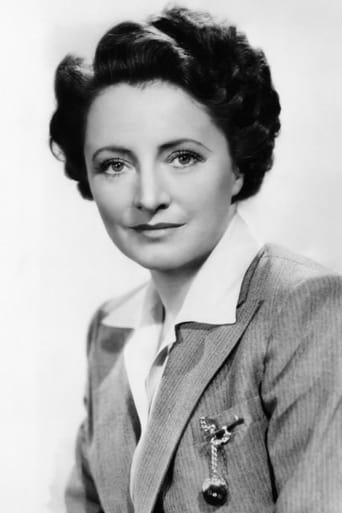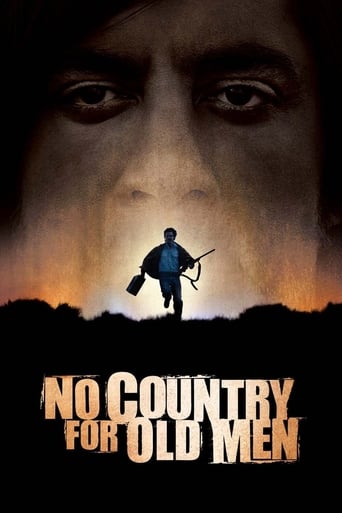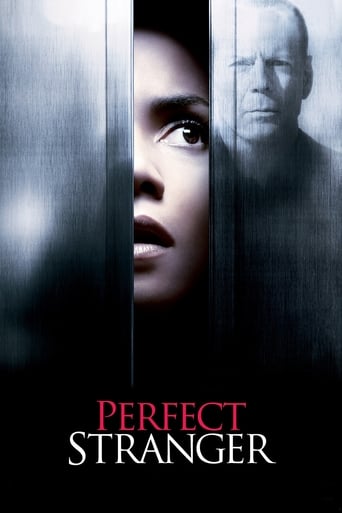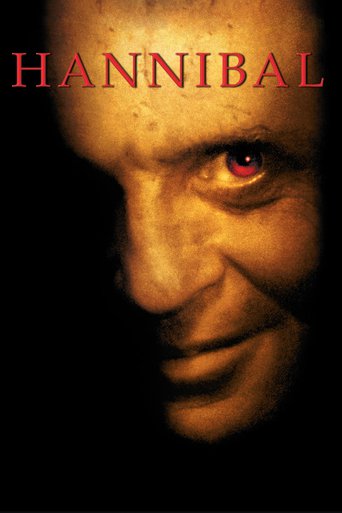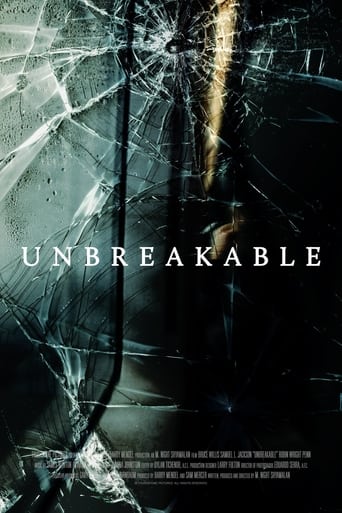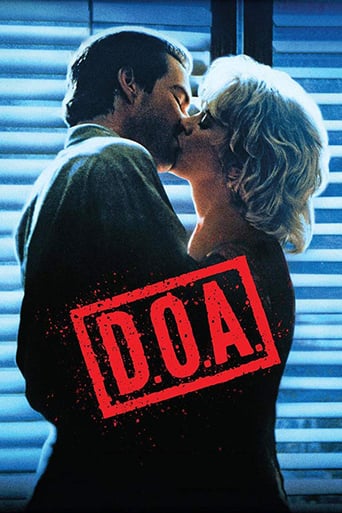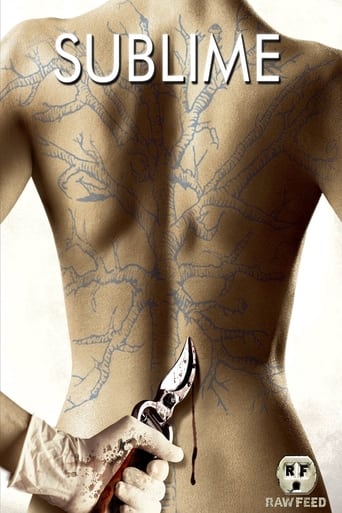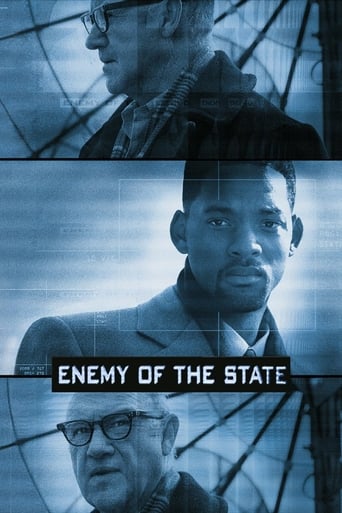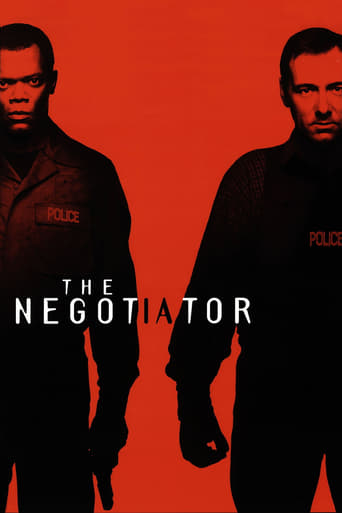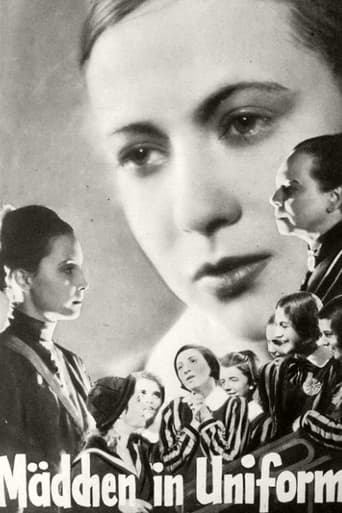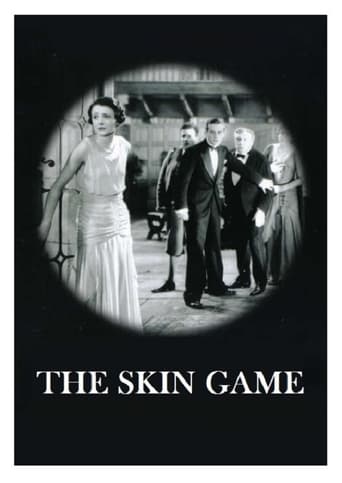
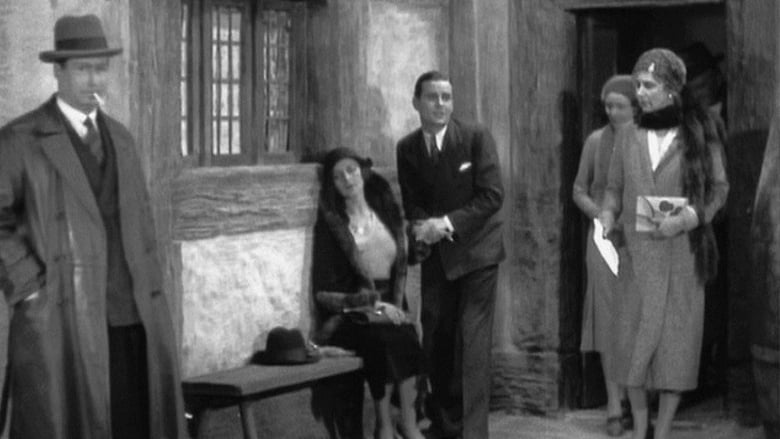
The Skin Game (1931)
An old traditional family and a modern family battle over land in a small English village.
Watch Trailer
Cast


Similar titles
Reviews
Directed by Alfred Hitchcock, who along with his wife Alma Reville adapted the John Galsworthy play, the film's title (in lieu of its more modern definition) refers to something akin to "an eye for an eye" where everyone turns out blind in the end. In other words, no one has "clean hands", in the final accounting of this kind of grudge match.This average drama is not as bad as I was led to believe, and actually contains quite a good, early talkie performance by Edmund Gwenn, playing a character much different from the more gentle roles he would take later in his career. The titled "game" is between industrialist Hornblower (Gwenn), who wants to build factories on what has always been beautiful rolling hills in the name(s) of progress and profit, and the Hillcrist family, who owns (and has always owned) a country home in this idyllic setting. The film's sound quality, so poor during the auction sequence that one can't hear the reading of the land's particulars, improves as the story progresses.Squire (C.V. France) and Mrs. Hillcrist (Helen Haye) are informed by an old farmer (Herbert Ross) and his wife (Dora Gregory), the Jackmans, who have worked the land they've just sold for 30 years, that the new owner, Mr. Hornblower, is planning to build a factory complete with smokestacks on the property. The Hillcrists had a verbal agreement with Hornblower not to evict the Jackmans, but Hornblower explains that he hasn't been able to buy the land he'd intended, so he really has no choice. Gwenn delivers quite a capitalistic monologue, perhaps the film's best scene, as he alternately oozes charm and rigidity. The thought of a factory being built so close to their country home so horrifies the Hillcrists that they employ their lawyer Dawker (Edward Chapman) to find a way out.After unsuccessfully outbidding Hornblower at a land auction (Ronald Frankau plays the auctioneer), during which they'd shunned his daughter-in-law Chloe (Phyllis Konstam) out of spite, the Hillcrists learn from Dawker that Chloe has a sordid past. Konstam, foreshadowing Hitchcock's later use of sexy women, looks stunning; the director utilizing shadows to emphasize her (near hyperventilating) swelling breast. Mrs. Hillcrist is willing to exploit Chloe's past, while the Squire remains uninvolved, insisting their daughter Jill (Jill Esmond), who'd been "flirting" with the youngest Hornblower, Rolf (Frank Lawton), remain "in the dark".Chloe had been a correspondent, something of which her husband Charles (John Longden), Hornblower's eldest son and business partner, was unaware. Dawker uses another man (R.E. Jeffrey, in a leather coat), who'd been at the auction, to set Chloe on edge. When Hornblower finds out about his daughter-in-law's past, he's forced by Dawker and Mrs. Hillcrist to sell back the auction land at a huge loss (5,000 pounds). Dawker had utilized both the man in the leather coat and one of her past clients (George Bancroft) to make Chloe admit her scandalous past. Hornblower makes Dawker and Mrs. Hillcrist hold a bible while swearing to keep quiet about what they know regarding Chloe.The unscrupulous Dawker is unable to keep the secret from Charles, who was curious as to why his father no longer owned title to the auction land. He pursues her to the Hillcrist's home where she commits suicide upon hearing, from behind a curtain, of her husband's loss of any love for her (he'd learned the truth). After helping Rolf fish Chloe's body out of the Hillcrist's swimming pool, Hornblower admits to the Squire that he is beaten. The Squire laments the nature of a "skin game".
The Skin Game is one of Hitchcock's lowest rated films here, and has been met with indifference or dislike among the other Hitchcock fans I know. While it is understandable why people wouldn't be crazy about The Skin Game and it has a lot that is not so great about it, personally it is better than it's given credit for. It's not Psycho, Vertigo, Rear Window, Rebecca, Strangers on a Train or The Lady Vanishes but it is far better than Juno and the Paycock(his worst), Champagne, Number Seventeen, Jamaica Inn, Under Capricorn and Topaz. The camera work is very scrappy and unfocused, the script is often too talky and exposition-heavy, the story has moments but can feel a little too leisurely and stage-bound complete with a melodramatic and abrupt ending and CV France is over-theatrical at times. However, while The Skin Game is not Hitchcock all over there is much more of his style than there was in Juno and the Paycock(also based on a play) with some irony and suspense and the auction scene is masterful(the film's best photography is in this scene, its cleverness adds to the intrigue). The script has have some nice ironic humour and heartfelt pathos. While the story doesn't quite come off as well as it could have done it does have some good ideas that are identifiable and has its heart in the right place. As an adaptation of the play it's good, as a Hitchcock film while a big improvement on Juno and the Paycock it does fall short. The acting is much more subtle and the chemistry between the actors is more apparent. Edmund Gwenn has a ball as a very arrogant character, Helen Haye is aristocratic and dominant and in a commanding way without falling into over-theatricality-land and Phyllis Konstam is appropriately sympathetic. All in all, nowhere near Hitchcock's best but also nowhere near his worst, ranking it it would be around low-middle, a similar position to Rich and Strange. 6/10 Bethany Cox
Skin Game, The (1931) ** (out of 4)Melodrama from the early Hitchcock filmmography was adapted from a popular stage play, which had previously been filmed in 1921. The film tells the story of rival families who see different futures for their small community. One wants to use the land to move the poor people out so that they can build factories on their land. The other wants to keep the land free so that farmers can raise their families in peace. Hitchcock gave an interview later in his career where he pretty much turned his back on the film saying he forced into making it and there wasn't anything else to be said. That pretty much says all there is to know but old Hitch might have been a tad bit harsh as there are a couple good moments scattered around. There's one masterpiece sequence, which could rank right up there with various classic scenes that we'd get in his future films. Early on there's an auction for the land and this sequence lasts a pretty long time and we get to see various people bidding on it. All the people have their own plans for the land so this helps build some suspense because we know what's at stake. The way Hitchcock keeps the camera moving on the bids and the editing make this a very effective scenes. The rest of the movie is pretty bland as there's way too much talk and none of it is very interesting. The movie features a couple good performances but they can't keep the film afloat as it's rather clear the director wasn't cut out for the material.
One of Alfred Hitchcock's atypical non-murder films comes with some suspense and a nice take on the issue of class which marked the world he came from, courtesy of a John Galsworthy play. But its soapy leanings cost it the ground gained by a strong start.Rural England is changing into something unrecognizable to the snobby highborn Hillcrist family whose own estate is threatened by the impish pottery tycoon Hornblower (Edmund Gwenn). His low tactics in securing a neighboring property for a factory bring out the Lady MacBeth in Mrs. Hillcrist (Helen Haye), who with the help of her amoral gopher Dawker (Edmund Chapman) uncovers a nasty secret regarding Hornblower's daughter-in-law Chloe (Phyllis Konstam) which could cost him all his ill-gotten gains."The Skin Game" starts out strong, with Gwenn striding into the Hillcrist manor like a conquering hero, a dynamo in a bowler hat, giving them whatfor in such a way as to earn us both our respect and our active dislike. He's impossibly smug, like New England Patriots coach Bill Belichick after running up the score on another overmatched opponent. Yet he's in charge all the same."I fancy there's not enough room for the two of us here," he tells the Hillcrists, after breaking his word by evicting an elderly couple whose property Mr. Hillcrist sold him under the condition he leave the couple alone. "You've had your own way much too long. And you're not going to any longer."The action heats up at an auction which is the film's one sterling set piece, Hitchcock's camera rearing back and forth between Hornblower and Dawker like a spectator at a Wimbledon match. Ronald Frankau as the auctioneer is one of those one-scene performances in a Hitchcock film you remember long after forgetting most everything else, blowing his nose and guying up the price so amiably as to undercut the building tension. Mr. Hillcrist finally jumps in as the price goes ever higher, only to discover he's not only failed to foil Hornblower but earned the blaggart's redoubled enmity.But things fall apart after, as the story of Chloe takes center stage. Konstam is way too hysterical, her trebly voice making even more shrill lines such as "What gets in the wind never gets out...Never...Just blows...And then blows home!" By the time we get to the sad resolution, the once-involving tale is drowning in melodrama and bad acting. Even Gwenn is reduced to a kind of Nosferatu, eyes shifting and hands wringing.There's a nice through-line regarding how the game of social advancement was played in early 20th century England. The Hillcrists start out fairly decently, but wind up rather dastardly. Yet however awfully Mrs. Hillcrist plays her whiphand in this affair (and Haye, like Gwenn reprising her role from a 1921 silent, is the class of the cast), you realize she had to be ruthless in order to win, and there's some ambiguity at the end as to whether it was worth it.But that's Galsworthy's contribution. Hitchcock was not in his element here, and it shows. "The Skin Game" is another of those early curiosities of the Master seeking his voice but not quite finding it.


